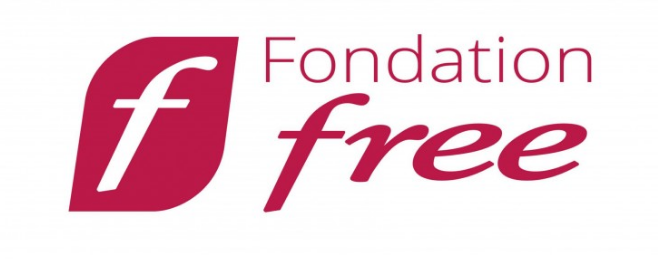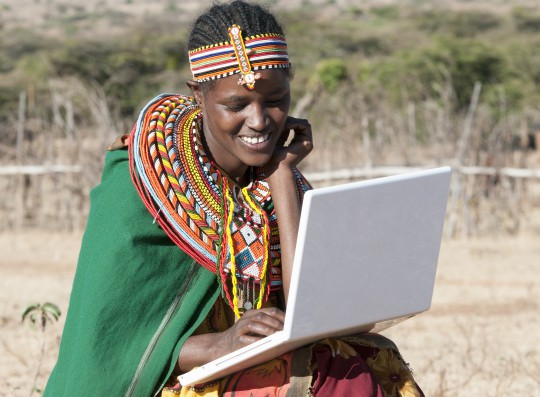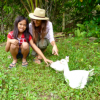THE CHALLENGE
Girls and women from poor communities, such as the Maasai community, have limited access to educational opportunities.
Among those girls fortunate enough to go to school, many are forced to give up their studies before they complete secondary school level because their families cannot afford their school expenses. Indeed, girls from poor communities in Kenya face multiple obstacles to education. Lacking qualifications and skills, these girls face bleak life prospects and are exposed to the dangers of female genital mutilation (FGM) and child marriage.
Meanwhile, Kenya hosts one of the largest ICT sectors in Africa and the ICT industry is one of the fastest-growing segments of the economy. Digital technologies offer significant opportunities in terms of employment, entrepreneurship, and self-employment, but a considerable gap in the knowledge and skills required to work in ICT-related employment prevents many Kenyans from obtaining jobs in the sector.
Girls and women are at a more severe disadvantage owing to the gender gaps in education and the gender digital divide: for example, only one in five women owns a mobile phone with internet access and only 20% of the female population has internet access (compared with 57% for men).
THE SOLUTIONS WE'RE PROPOSING
Together with our local field partner, W4-Rishina, W4 is working to give Maasai girls and young women, living in the Kajiado District, the opportunity to receive high-quality IT training to increase their employability and facilitate their access to the formal job market. By offering these girls the chance to develop useful IT skills, through an intensive year-long IT training program, W4 seeks to help them obtain secure employment and become financially independent.
Complete financial autonomy is essential to the improvement of the young women’s socioeconomic status within their community, and helps raise awareness regarding the importance of investing in girls’ and women






















